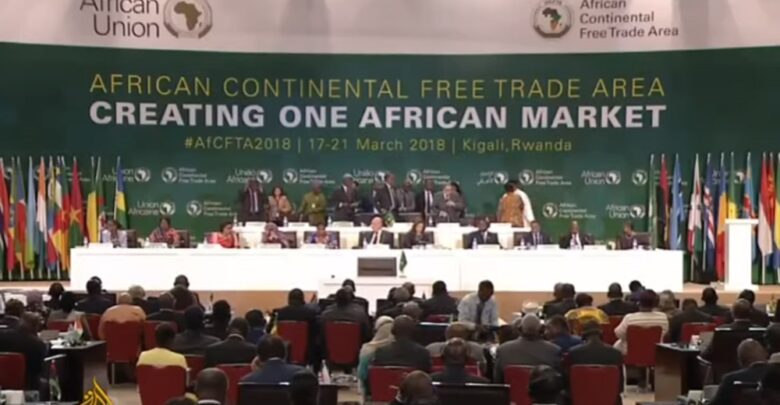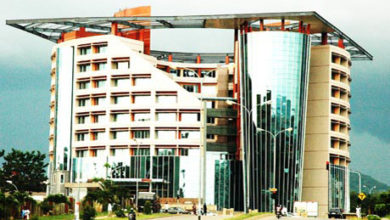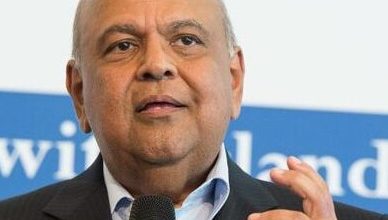Business
World Bank Claims AfCFTA Could Lift Millions Out Of Poverty & Cushion COVID 19 Fallout

A World Bank report released on Monday claims the African Continental Free Trade Area (AfCFTA), once fully implemented, will likely boost incomes across the continent, pulling millions out of poverty, and cushion against the negative fallout from COVID-19 reported Reuters.
The AfCFTA was previously set to put into force on July 1, but the deal was postponed due to the coronavirus pandemic that forced several countries to close borders as well as hindered talks between governments over the removal of tariffs.
AfCFTA, which is aimed at creating a single, Africa-wide economic market, will offer its members unhindered access to commodities, goods and services across the continent. The African free trade deal is now expected to be imposed from the start of 2021.
“In this context, a successful implementation of AfCFTA would be crucial,” the World Bank report said. “(It) is a major opportunity for Africa, but implementation will be a significant challenge. Lowering tariffs is only the first step.”
The ongoing coronavirus pandemic has already resulted in major trade disruptions across the African continent, including in critical medical supplies and food and is expected to cause up to $79 billion in output losses in 2020 with the additional risk of millions of job losses. However, it is expected that the successful implementation of AfCFTA would cushion negative COVID-19 effects on economic growth by supporting regional trade and reducing trade costs.
According to the World Bank report, the trade pact could improve regional income by $450 billion – or around seven per cent of current regional income – speed up wage growth for women, and lift 30 million people out of extreme poverty by 2035.
The AfCFTA, once in force, is likely to bring together 1.3 billion people across 55 countries with combined gross domestic product of $3.4 trillion. It would lift 30 million Africans out of extreme poverty and 68 million from moderate poverty by 2035.






